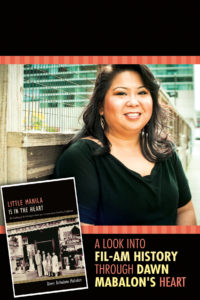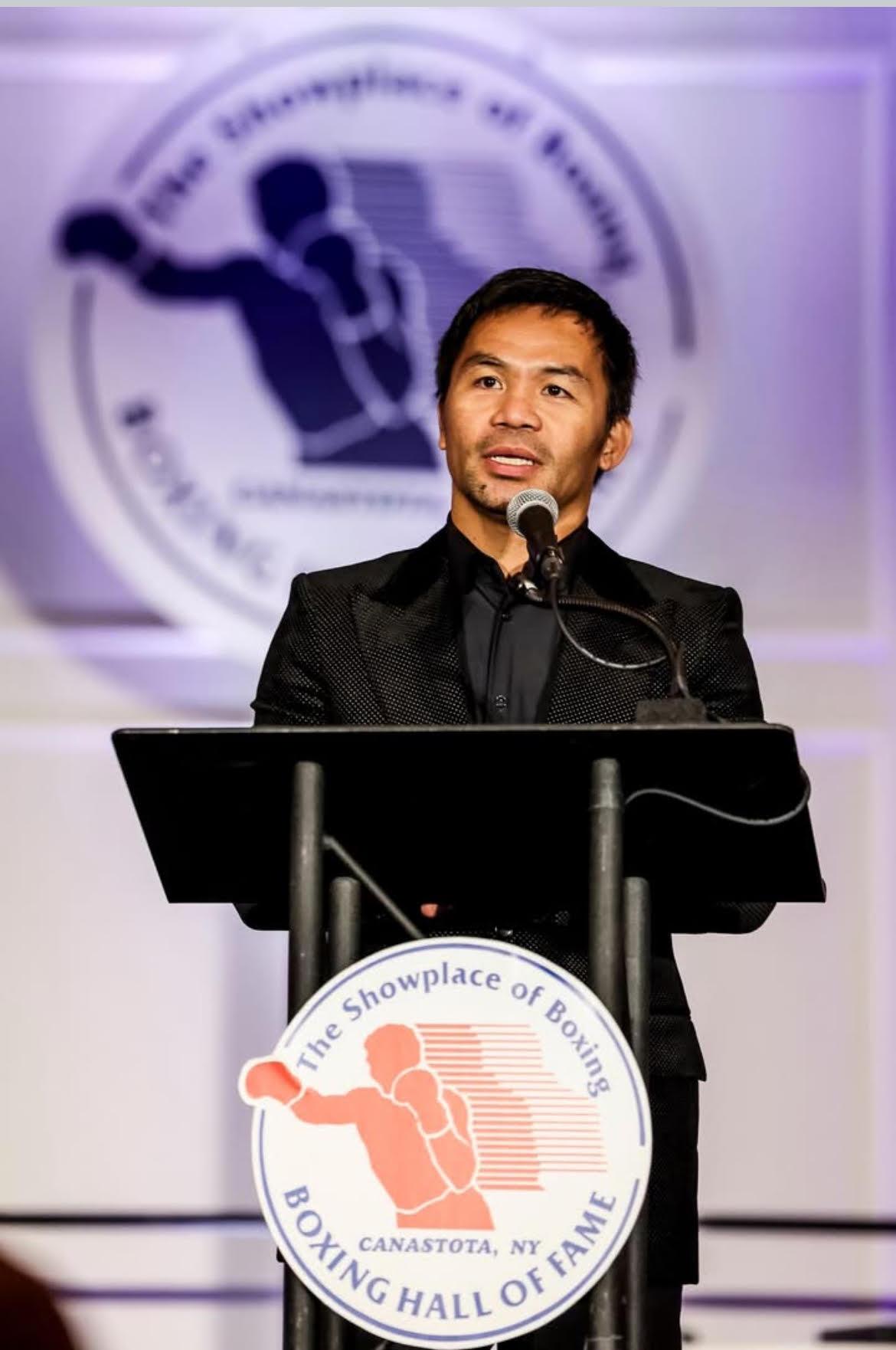THE Filipino-American community across the United States is mourning the death of Dawn Bohulano Mabalon, a community leader, professor, author, historian and mentor.
Mabalon, 46, died on Friday, August 10 while on a family vacation in Kauai, Hawaii.
She was an associate professor of history at San Francisco State University, specializing in Philippine and Filipino-American history, as well as race and ethnicity and food cultures.
A third-generation Pinay, Mabalon was born and raised in Stockton, where her grandfathers settled in the 1920s. Stockton was home to the largest population of Filipinos outside of the Philippines from the 1920s to 1960s.

She graduated from Edison High School and San Joaquin Delta College. Fresh out of college in 1999, she, along with Dillon Delvo, co-founded Little Manila Foundation to help save the last remaining buildings and residents of Stockton’s Little Manila.
Mabalon went on to receive a master’s degree in Asian American studies from the University of California, Los Angeles, and a Ph.D. in history from Stanford University. Following her childhood aspirations to become a writer, she authored two books about Filipino-American history: “Filipinos in Stockton” (2008) and “Little Manila Is in the Heart: The Making of the Filipina/o American Community in Stockton, California” (2013), which was born from her doctoral thesis at Stanford.
The latter book — for which she received an honorable mention for the Frederick Jackson Turner Award by the Organization of American Historians — traced the growth of Stockton’s Fil-Am community, the formation of Little Manila and efforts to preserve it.
Her writings were based on oral histories, archives, as well as stories from the generation of her father, Ernest Tirona Mabalon, who passed away at 79 while she was writing the book. Her paternal grandfather, Pablo “Ambo” Mablaon, ran a popular Fil-Am diner, the Lafayette Lunch Counter, in the heart of Little Manila. In the introduction of her book, Dawn Mabalon wrote how she read “America Is in the Heart” in college and soon found out that the author Carlos Bulosan used her grandfather’s diner as his permanent address in Stockton. The diner was later demolished in 1999, prompting Mabalon to explore the community’s history.
Her maternal grandmother, Concepcion Moreno Bohulano, who was the country’s first Filipina school teacher also served as a source.
“They always said I was the little girl who wanted to be a writer. It took a lot of twists and turns and it wasn’t exactly the way I wanted it. I hope it honors them,” Mabalon said in an interview with The Record in 2013. “Their sacrifices made it possible that their children and grandchildren could do whatever they wanted to do. Their sacrifices meant I could create a life to read, teach and write.”
Last October, Mabalon received a bronze replica of the Congressional Gold Medal in Washington, DC on behalf of her late father, who fought in World War II.
Over the weekend, Stockton held its annual Barrio Fiesta event, with the Little Manila Foundation and other community members paying tribute to Mabalon.
“Dawn had represented the best of Stockton and she will be missed very much,” Lange Luntao, a Little Manila Foundation board member, told The Record. “Her research on the Filipino/a neighborhoods and community members in Stockton inspired scholars from around the world and put on the map in a positive way. There’s a lot of work to do to continue her legacy and highlight Stockton’s rich and diverse history.”
As the news of her death spread, Mabalon’s colleagues and friends took to social media to express their grief and devastation. Some of them used the hashtag #DawnMabalonisinTheHeart, in reference to her book “Little Manila is in the Heart.”
“This is a great loss for all of us, as she gave the world to her family, friends, and our community,” said Allyson Tintangco-Cubales, Mabalon’s fellow professor at San Francisco State University.
Cubales, on behalf of Mabalon’s family also started a GoFundMe campaign to raise money to cover her funeral and memorial costs. It has raised over $60,000 in two days.
Dr. Kevin Nadal, Mabalon’s friend for 15 years and a fellow trustee of the Filipino American National Historical Society (FANHS), shared, “Dr. Dawn Mabalon was a fierce Pinay scholar who positively impacted so many lives – from the students in her classes to the people who read her books to the community members who listened to her talks on Filipino American history.”
He added, “As the National Scholar of FANHS, she was the gatekeeper of Filipino American history – the ‘go to’ manang/ate who seemed to know everything. Her friends will miss her sharp wit, her infectious laughter, her vast knowledge on innumerable topics, and her passionate loyalty for the people she cared about most. Our hearts are broken and the world will never be the same.”
The Center for Asian American Media (CAAM) worked with Mabalon and her collection of home movies as part of its “Memories to Light: Asian American Home Movies” initiative.
“Dawn’s knowledge of and connection to Filipino American history in Stockton made her a perfect participant in this project, and luckily, she had some home movies to contribute. The film, commissioned by CAAM and made by John Liau, talks about how Stockton was a hub for Filipino American labor activism, with many who worked in the farm fields. Folks like Carlos Bulosan and Larry Itliong came through Dawn’s grandfather’s Filipino restaurant in Stockton,” Jasmine Lee Ehrhardt wrote in an article about Mabalon’s donated home movies.
Fil-Am rapper Ruby Ibarra wrote in a post, “I will never forget when I first met her, the first thing she told me was, ‘I’ve been waiting for you.’ Since then, she showed me nothing but love and support, often coming out to any event that I was a part of.”
Actor Tess Paras was emotional on her post and recalled the impact of Mabalon’s work and activism on many generations to come.
“I encourage you to read the books she’s written and learn about the historical sites she’s helped preserve, the marginalized voices she amplified, and the Filipino American history presentation she was due to give at the U.S. Civil Rights Commission in Washington D.C. this very week. Her legacy is widespread and undoubtedly everlasting,” Paras wrote.
In his own post, labor leader Gregory Cendana recalled a particular night after the FANHS conference in New York in 2016.
“Hundreds of us were on a boat cruise for the gala and towards the end of the night, the DJ started playing multiple 90s jams in a row. I was on the dance floor and turned to see Dawn taking pictures and encouraging me, ‘Are you about to get hyphy? Get it. Show them how it’s done.’ Little did she know that gave me the permission needed to break it down in my Barong Tagalog. It was a moment I felt so free,” Cendana wrote.
He added, “Ever since the moment I met Dawn, she spoke truth to power, lit up any room she was in with her smile and laughter and helped people live their best lives. May we do what we can to build on her legacy.”
In an interview with the Asian Journal in 2013, she shared that it was her hope to reach out to other Filipinas/os around the world to tell their stories.
“…Whether you arrived in 2010 or your great-grandparents came as sugar workers to Hawaii in 1907, we are part of a long and proud history of Filipinas/os in America who have built this country with our sweat and our hard work and our brains. We are building Little Manilas all around the world just like the Manongs and Manangs did in the 1920s, and it is all part of this long and proud history of struggle and hope,” she told the Asian Journal. “Whether you’re in Daly City or Queens, Dubai, Rome, or Stockton, it’s important to learn where we all came from and the communities that pioneers built before us, and learn how they faced challenges, to learn how to solve the problems that our communities are facing today. (AJPress)






